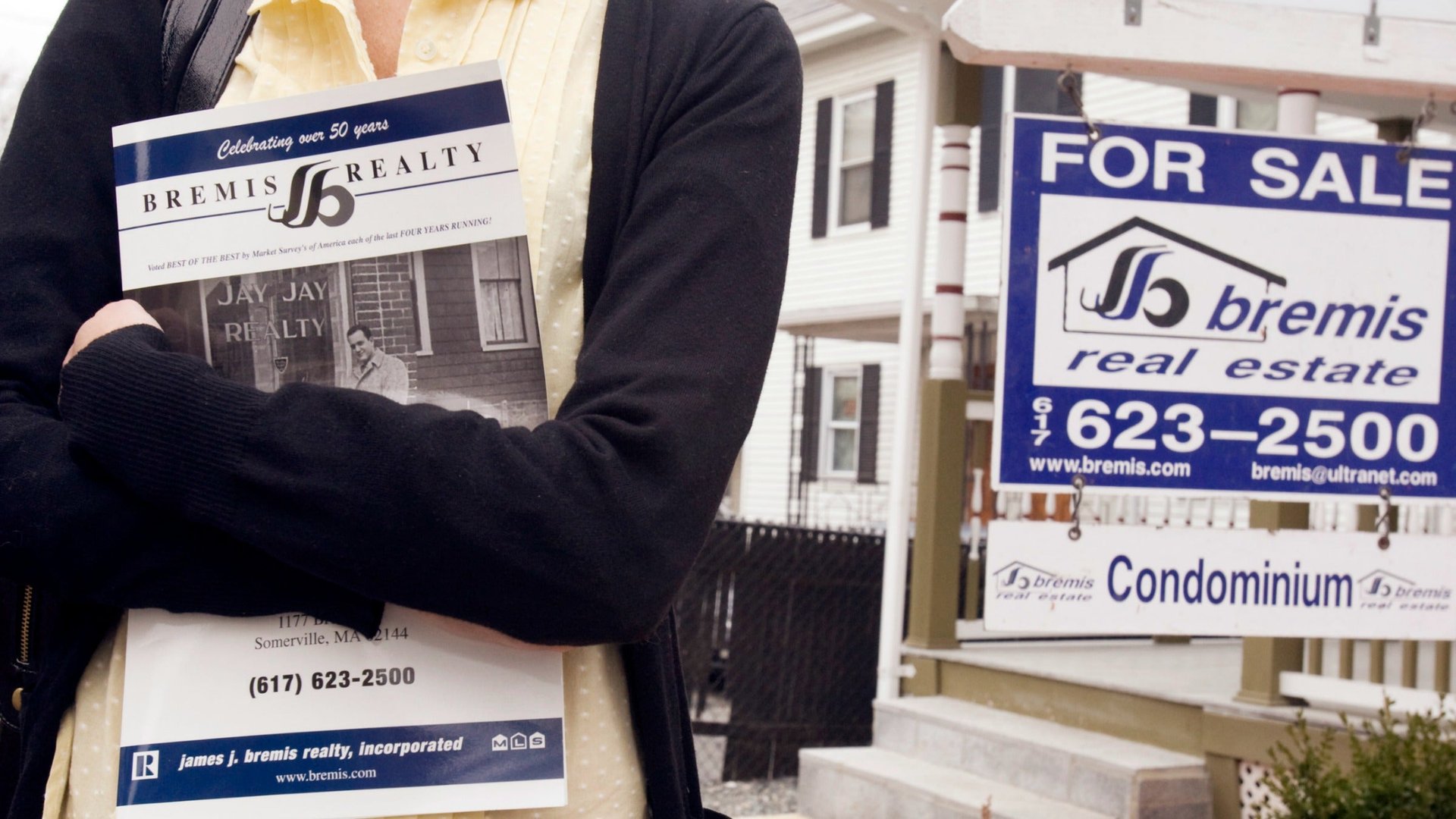Caution is a good thing, except in a lukewarm US economy
Economically speaking, the first half of 2013 was pretty good, until Ben Bernanke told us all not to worry.


Economically speaking, the first half of 2013 was pretty good, until Ben Bernanke told us all not to worry.
The point was not to crush the housing recovery or the strong march the stock markets were on. We all knew the Fed would eventually “taper” its more than $80-billion monthly “donation” to the economy, and that interest rates would rise, but, secretly, some investors were hoping the economic recovery would be slow enough to keep the Fed in the game for as long as possible.
Clearly, neither the bond market nor the stock market took him seriously. Before Bernanke spoke, folks with good credit and a down-payment could get a 30-year fixed mortgage for 3.5%. Now it’s about a full percentage point higher.
All of this affects how consumers, whose spending decisions drive this economy, feel. It leaves them wondering if the economy is too hot, too cold, or just right?
Your “prosperity stool” has three legs: your investments, your property and your job. In order for you to prosper, at least one of the following has to happen: The value of your investments needs to increase; the value of your home needs to increase, OR, you have to earn more than you spend.
Let’s start with investments, because I can dispense with it quickly, since most Americans simply don’t invest. A recent poll by Pew Research showed that 53% of all Americans haven’t got a cent invested in the market, while many of those who do use a 401(k) or 403(b) or IRA, run mostly on autopilot, and generally ignored.
If you’re invested broadly, in something like the S&P 500, you’re up over 15% so far this year, which is about a 50% better return than the stock market’s long term annual average. And it’s only August.
But lately, things have been a little iffy. Stocks closed lower Monday for the fourth day in a row; the first time that’s happened this year, though Tuesday saw some recovery. You’re silly not to expect a pullback or an adjustment in a hot market. And as long as that’s all this is, there’s nothing to worry about. But is there more to it?
That brings us to leg number two on your prosperity stool: housing. The housing market depends on a number of things, but, generally, for it to do well, Americans need to be well employed with good and growing incomes and, since most people borrow to buy, rates need to be low. Indeed, rates are low. But they’re rising. The housing market, meanwhile, has been on something of a tear. Foreclosures and mortgage delinquencies are dropping with each passing month, and home prices have been steadily increasing. We’re not at pre-recession levels, but we probably shouldn’t have been at those levels for years to come. Bottom line: If you’ve been trying to sell a house or avoid foreclosure, things are looking better for you by the day. If you’ve been trying to buy, prices and rates are rising, so now may be a good time to act. But rising rates (and they will rise further), will keep a lid on prices outside the hottest markets.
Savers are feeling a little better, too. But just a little. As those bond yields that push mortgage rates higher continue to climb, the bank offers them a little more. But the best most savers can do without tying your money up for a year is still under 1%, which doesn’t come close to beating inflation.
OK, back to your prosperity stool. Generally speaking, a stool with just one working leg won’t stand. But this one will. See, you can live without investments AND without owning a house. What you can’t live without is a job. Official unemployment in the US fell to 7.4% in July, the lowest in four and a half years, but still higher than where it needs to be. Jobs have been created every month for about three years now, yet the poor, generally speaking, are staying poor, and we’ve got a pretty remarkable mismatch between available jobs and those seeking work.
Which is why the future seems uncertain. Not for everyone, mind you. Between stocks and property, this has been and will likely continue to be a great economy for people with money or access to it. But with so many Americans (some estimates say three-quarters) living on the margin and saving so little, small changes in sentiment can have big effects on the economy.
On balance, this economy is OK. We’ll get an update on how fast the economy grew in the second quarter on Thursday, and I suspect it will confirm that. But if you’re worried, you may be more cautious with your money—especially money you’ve borrowed—than Ben Bernanke and Co. would like you to be. Caution is usually a good thing; just not in a lukewarm American economy.